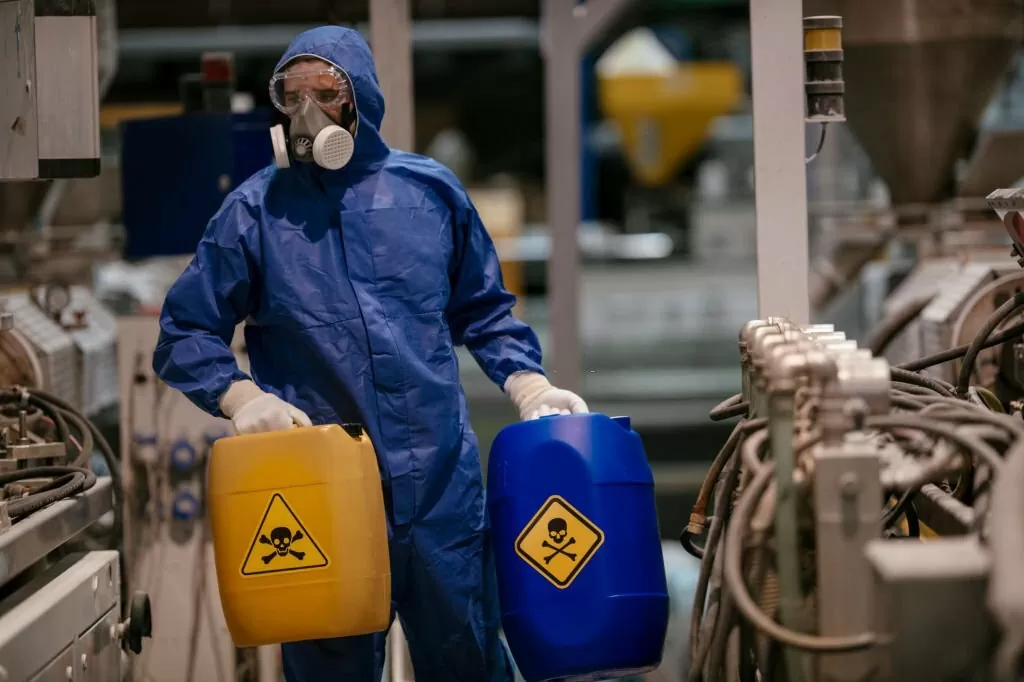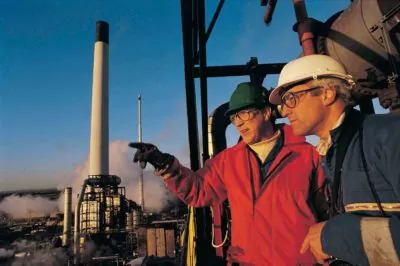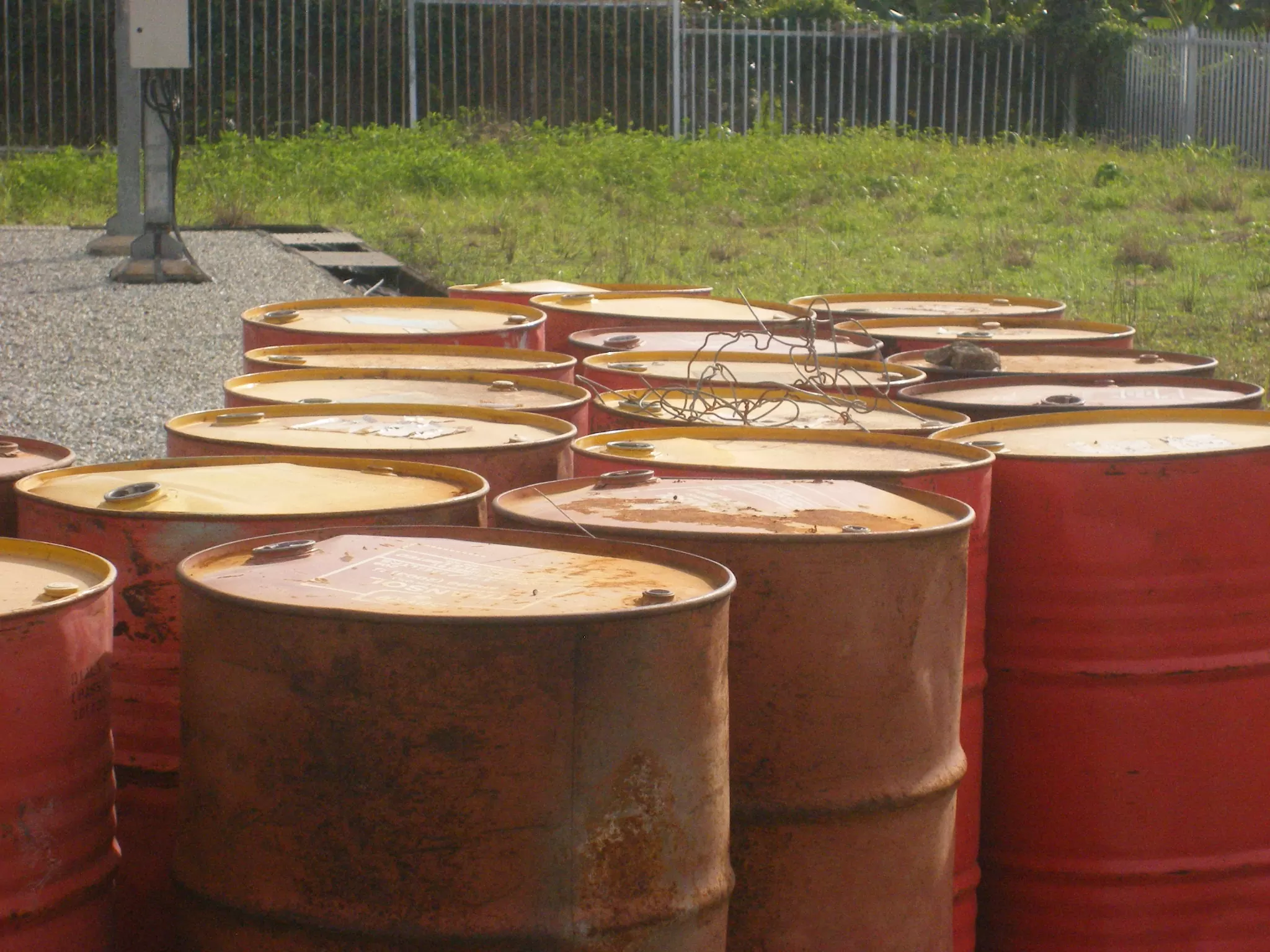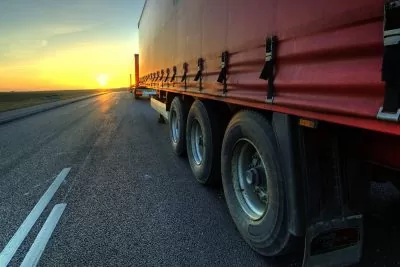Hazardous waste disposal is a critical issue facing modern societies, and it requires innovative and sustainable practices to address environmental and public health concerns. In this article, we will explore the latest advancements in hazardous waste disposal, focusing on Melbourne, Sydney, and Brisbane. We will delve into waste oil collection, waste oil disposal, and the essential hazardous waste services that can ensure a cleaner and safer future for our cities.
The Challenge of Hazardous Waste Disposal
Hazardous waste poses significant risks to both the environment and human health. Traditional disposal methods have often led to contamination of soil and water, resulting in severe consequences for ecosystems and communities. As the population grows and industries expand, the volume of hazardous waste increases, exacerbating the challenge of responsible disposal.
Innovative Hazardous Waste Collection Systems
To tackle the hazardous waste problem, innovative waste collection systems have emerged. These systems employ advanced technologies and automation to optimise waste collection and transportation. For instance, smart sensor-equipped waste bins can monitor waste levels and notify waste management teams when the bins are ready for collection. This approach enhances efficiency, reduces costs, and minimises the risk of overflow or environmental incidents.
Waste Oil Collection for a Greener Future
Waste oil, a common hazardous waste, is a byproduct of various industrial processes. Improper disposal of waste oil can lead to soil and water contamination, threatening ecosystems and human health. To counter this, specialised waste oil collection services are being implemented in Melbourne, Sydney, and Brisbane.
These waste oil collection services work closely with industries to safely and efficiently collect waste oil. The collected oil is then sent for recycling or proper treatment, reducing the environmental impact and promoting a greener future. By implementing such sustainable practices, we can significantly reduce the negative effects of waste oil on our environment.
Waste Oil Disposal Techniques
Waste oil disposal techniques have also evolved to minimise the ecological footprint of hazardous waste. Advanced processes such as re-refining, which converts waste oil into usable lubricants, have gained popularity due to their environmental benefits. Re-refining not only conserves natural resources but also reduces greenhouse gas emissions associated with the production of virgin lubricants.
Moreover, the concept of “circular economy” has gained traction in waste oil disposal. The circular economy approach aims to close the loop of waste generation by recovering and regenerating materials. By adopting this circular approach, we can extract value from waste oil and other hazardous materials, promoting a sustainable and resource-efficient system.
Hazardous Waste Services: Ensuring Safety and Compliance
Hazardous waste services play a crucial role in safely managing and disposing of hazardous materials and in compliance with regulations. These services offer comprehensive solutions, including waste characterisation, collection, transportation, treatment, and disposal.
By engaging specialised hazardous waste services, industries can ensure that their waste is managed responsibly, minimising the risk of environmental incidents and ensuring compliance with local and national regulations. Collaborating with experienced waste management experts can lead to more efficient, cost-effective, and eco-friendly waste disposal practices.
The Future of Hazardous Waste Disposal
Looking ahead, the future of hazardous waste disposal holds promising developments. As technology continues to advance, we can expect even more sophisticated waste management solutions. Robotics and automation could revolutionise waste sorting and processing, enhancing efficiency and safety.
Moreover, increased public awareness of environmental issues is driving demand for sustainable practices. Governments and industries are likely to invest more in research and innovation to find alternative and eco-friendly methods of hazardous waste disposal.
The future of hazardous waste disposal lies in innovative and sustainable practices that safeguard the environment and human health. Embracing smart waste collection systems, optimising waste oil disposal, and engaging specialised hazardous waste services are essential steps towards a cleaner and safer future for Melbourne, Sydney, and Brisbane. Ready to take part in building this future? Discover how Benzoil‘s hazardous waste solutions can contribute to a greener tomorrow.





